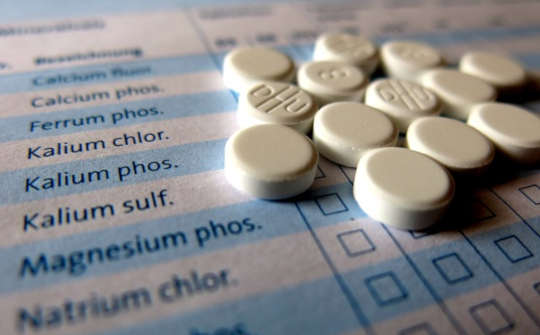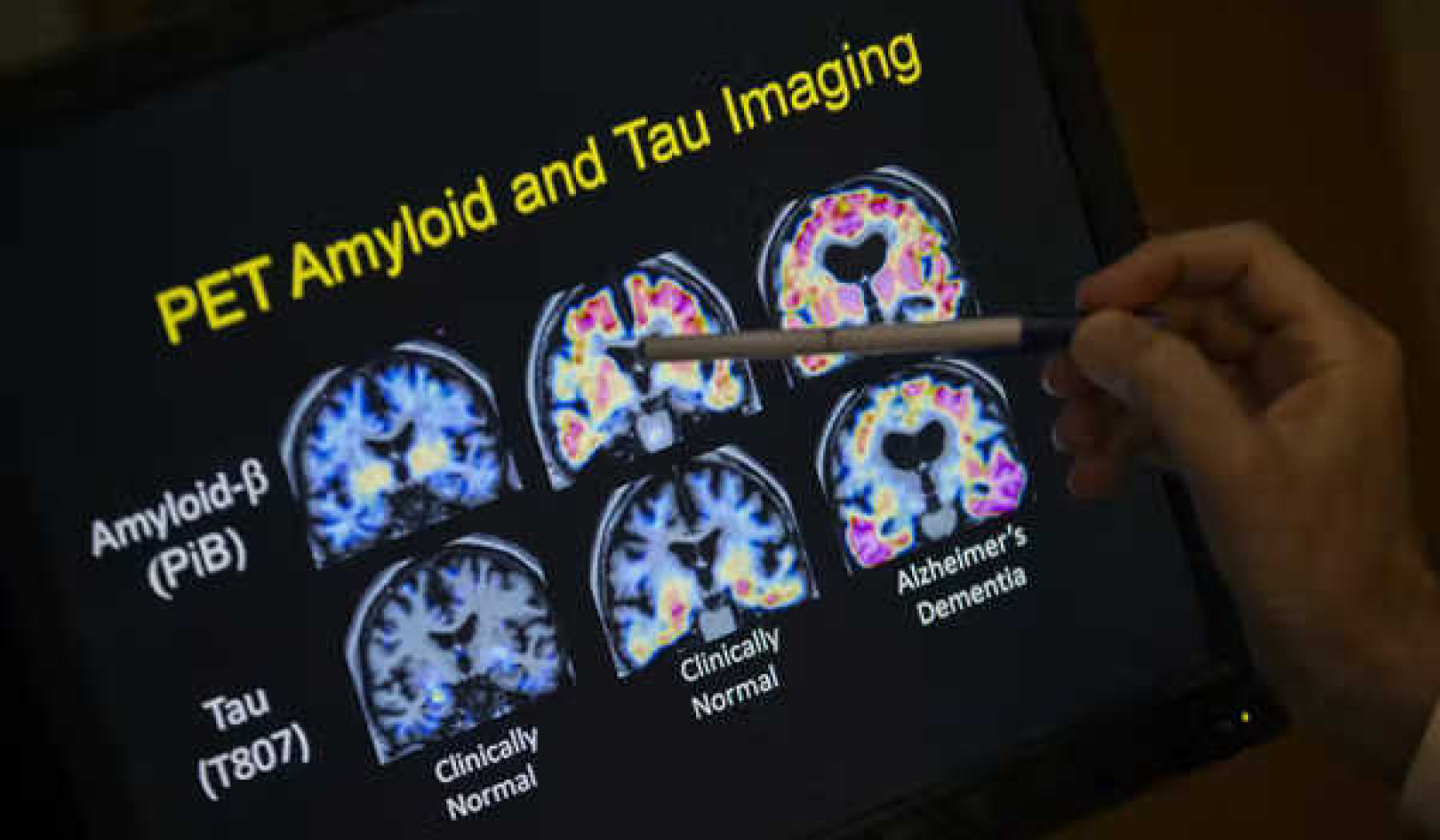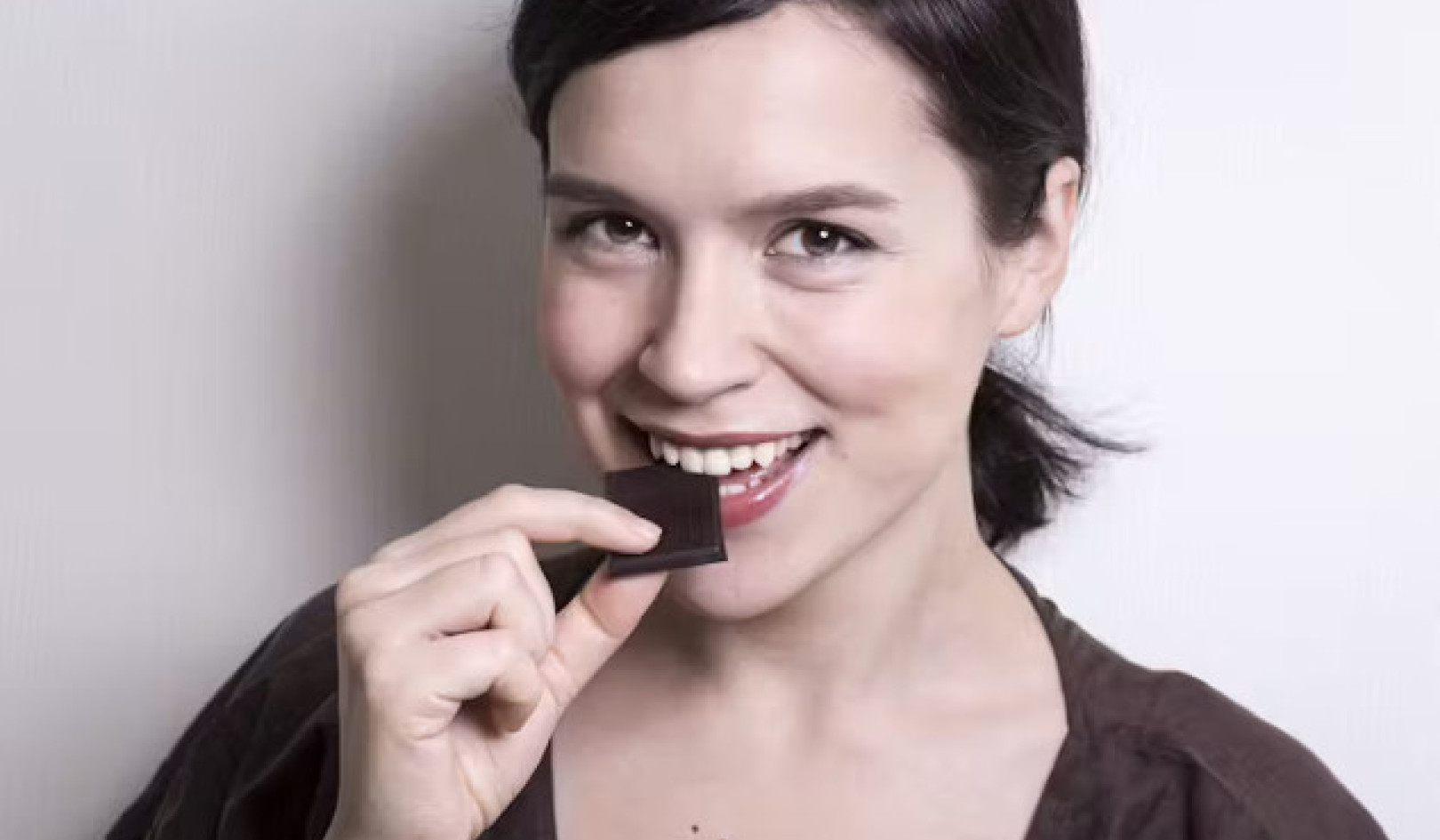
Remember the line by Will Rogers, or at least attributed to him? "The trouble with most people is not that they don't know much, but they know so much that isn't true." This statement came back to me when I read the two letters to the editor critical of homeopathy published in AMERICAN DRUGGIST
Those letters also reminded me of an incident a while back where a neighborhood physician came into my pharmacy and, noticing the various homeopathic products on the counter, asked me: "Why do you sell these things? They don't work."
For a moment, I thought that perhaps he had tried some homeopathic product and found it ineffective, or perhaps he had told some patients to try them and they found them ineffective. So I asked him, "Why do you say that?"
His answer was forthright: "My friend, another doctor, told me they don't work." That was it! So much for scientific, probing inquiry. It turned out that neither he nor his friend the doctor had ever read -- let alone studied -- anything about homeopathy.
"Rational" Explanation?
Perhaps homeopathy's skeptics are critical because there is no "rational" explanation as to how homeopathic remedies work. But I am sure these same critics are familiar with "The Pharmacological Basis Of Therapeutics" by Goodman and Gilman. Goodman has written, "There are few drugs, if any, for which we know the basic mechanism of action. Drug action is not drug effect. The effect results from the action of the drug." Regarding the use of nitroglycerin, Gilman writes: "The mode of action of nitrates to relieve typical angina is not fully understood."
Does it bother pharmacists who criticize homeopathy that the authors of one of the world's most popular pharmacology texts do not understand how many prescription drugs work? Yet these critics of homeopathy always rush to ask "But how does it work"?
Perhaps critics question the dilutions. Back in 1943, Alexander Fleming's experiments with penicillin showed that at dilutions of 1: 100,000,000 -- and even weaker -- streptococcal activity was affected. The amount of active thyroid we have in our bodies must be somewhere in that range also. But homeopathy does not concern itself with quantity of remedy, only the qualities of remedy.
The word "homeopathy" comes from the Greek words "homeo" and "pathos", meaning "similar" and "suffering". From the time that Samuel Hahnemann coined the word, 200 years ago, homeopathy has been maligned, and vilified, and homeopaths have been charged as liars and frauds. All this in spite of 200 years of therapeutic successes.
Over his lifetime, Hahnemann wrote or translated more than 5,000 pages of text, while at the same time maintaining a medical practice or teaching. He spent years of studying ancient texts and his generous dividend was found in the writings of Hippocrates. Written more than 2,200 yeas earlier were the words: "Through the like, disease is produced, and through the application of the like, is is cured."
In other words, a substance that causes a particular symptom or set of symptoms will also treat them. Like cures like. For more than five years -- with the help of medical students and friends -- Hahnemann tested his remedies and developed the principles that remain intact today.
Audacious Notion Of Healing
In 1810 when he published his "Organon of Medicine", he presented to the world a new audacious notion of healing called homeopathy. His opening words were: "The physician's highest and only mission is to make sick people healthy, to cure. The highest ideal of cure is the rapid, gentle, and permanent restoration of health in the shortest, most reliable, least harmful way, according to easily comprehensible principles."
What Hahnemann did was to propose remedies -- free from all harmful effects -- as agents of cure. He offered objectivity, simplicity, originality, and independence in an era of medical arrogance and brutality.
Homeopathy is structured on a distinct set of principles that recognize an innate healing capacity which all people have. It is this energy that promotes, protects, and initiates our defensive mechanisms in response to adverse conditions. It then controls and guides the natural healing process. Homeopathy calls this energy the "vital force". Without this vital force, there is no sensation, no function, no self-preservation, no life. It is the vital force that is the agent of cure.
Medicine, on the other hand, is not and cannot be, the healing curative agent. In fact, as we know, many modern medicines can actually retard healing and alter the nature of the disease to make it more difficult to treat, if not to add further injury as well. The current damage from use of nonsteroidal anti-inflammatory drugs alone causes in excess of 10,000 deaths a year. And overall, iatrogenic disease (caused by medical treatments) is responsible for as many as 140,000 deaths a years.
The Natural Restoration Of Health And Body Integrity
What our bodies need are the favorable conditions to affirm their restorative powers, which through negligence or indifference, has created an environment for disease to flourish. Healing -- the natural restoration of health and body integrity -- is a normal process and its success depends upon the removal of the energy-disturbing elements. It is, in the Taoist sense, that when the body cures itself and becomes well again, it is then in a state of balance and harmony with nature. Indeed, 4,600 years ago, the Chinese medical text Nei Ching, noted "the root of the way of life, of birth and of change; is chi (energy)". And 500 years ago, Paracelsus said the same thing. "Our own nature is itself our physician, which is to say, it has in itself what it needs."
In 1800 Samuel Hahnemann wrote: "In a considerable portion of disease, it would be better for the patients if all medicines were abandoned." Fifty years later, Oliver Wendell Holmes, M.D., voiced the same sentiments. The poet, novelist, father of the famous jurist, and professor of Medicine at Harvard, addressed the Massachusetts Medical Society: "I believe that if the whole Materia Medica as now used, could be sunk to the bottom of the sea, it would be all the better for mankind, and all the worse for the fishes." A surprisingly harsh assessment for the medicines of the day, considering Holmes was at the same time one of homeopathy's most bitter foes.
Even still, by the mid-19th century, homeopathy had much success. For example, homeopaths treated cholera successfully, long before it was known that the actual cause was a microbe. During the 19th century, there were seven severe epidemics in America, the most serious in 1832. The death rates of people treated without homeopathy were five times those of the homeopaths.
In 1854, the British Parliament authorized the London Board of Health to appoint a commission to see which treatments were best for cholera victims. They found "regular" hospitals had a death rate of 54 percent; the homeopathic hospital's death rate was 16 percent.
In 1832, some 50 years before Robert Koch isolated the cholera bacillus, Hahnemann wrote that cholera is "a swarm of infinite small invisible living organisms hostile to human life". Even today, it is difficult to appreciate the magnitude of this prediction. What Hahnemann treated was not "cholera" but headache, malaise, diarrhea, anorexia, icy coldness of the body, convulsions, staring eyes, sunken face, etc. These symptoms pointed to the correct therapy.
The critics choose to ignore the successes. They would prefer that homeopathy just go away, to be thought of as some fossilized remnant of medical heresy now extinct. Too bad. It exists, is grows -- and in some areas -- even flourishes. In France, one quarter of all pharmacies arc homeopathic. In England, half of all physicians either use or recommend homeopathy; the British Royal Family has used homeopathic physicians exclusively since the 1830s.
In 1811, Hahnemann answered his critics this way: "It is infinitely easier to contradict than to investigate, infinitely easier to mock at realities and to present them is a distorted light by twisting and falsifying, than to sacrifice one's whole life to tireless and conscientious investigation of truth, by faithful observation of the nature of things in the most careful experiments and to the unprejudiced employment of their results for the good of mankind."
A monument in Paris honoring Hahnemann, erected in 1900, bears these words of his: "Non Inutilus Vixi" or "I have not lived in vain". The words are appropriate; he gave the world a safe and effective healing modality. We are all indebted to him.
Recommended book:
Homeopathy Made Simple: A Quick Reference Guide
by R. Donald Papon

About The Author
HERBERT ROTHOUSE, R.PH., M.S., lives in Boca Raton, Florida, USA, where he is a practicing pharmacist and a licensed nutritionist. This article was first published in the August 1999 issue of The American Druggist in response to letters to the editor in their May 1999 issue that were critical of homoeopathy.
More books on homeopathy
at InnerSelf Market and Amazon
























